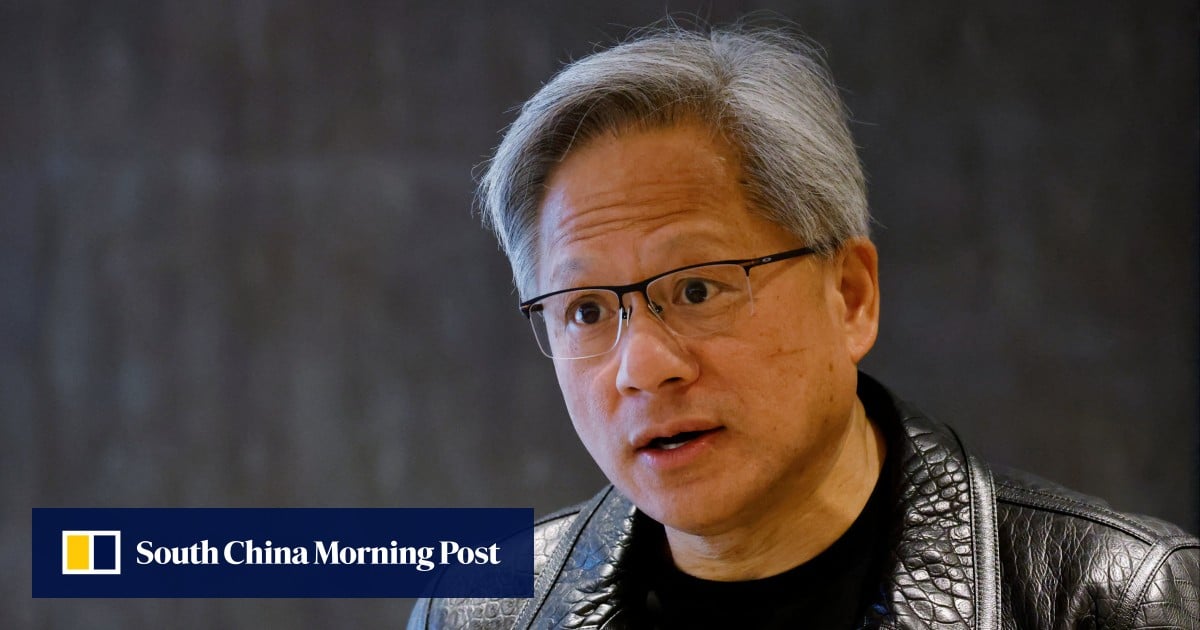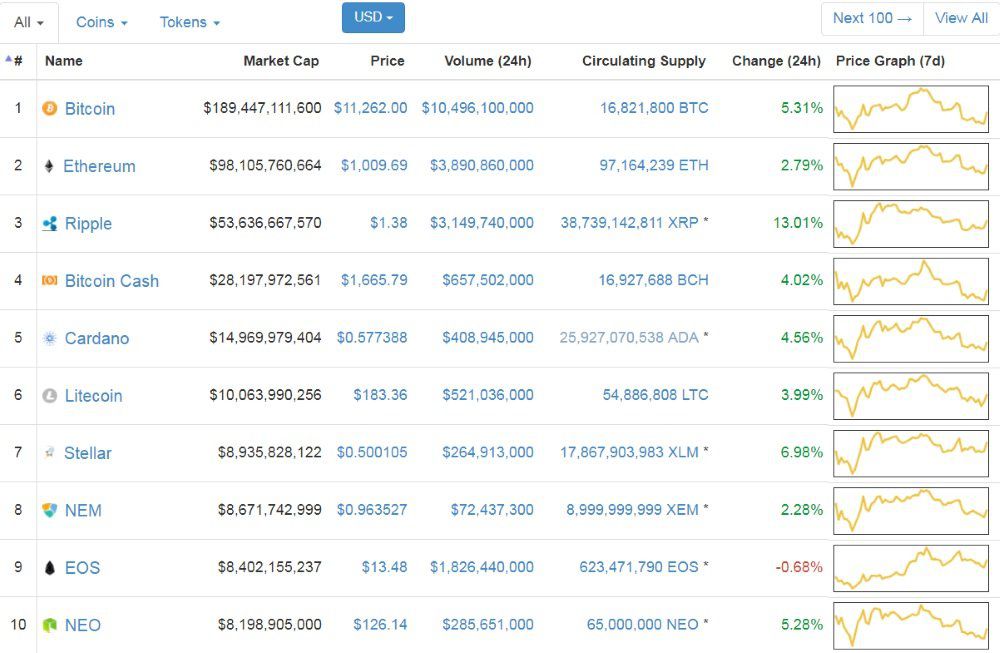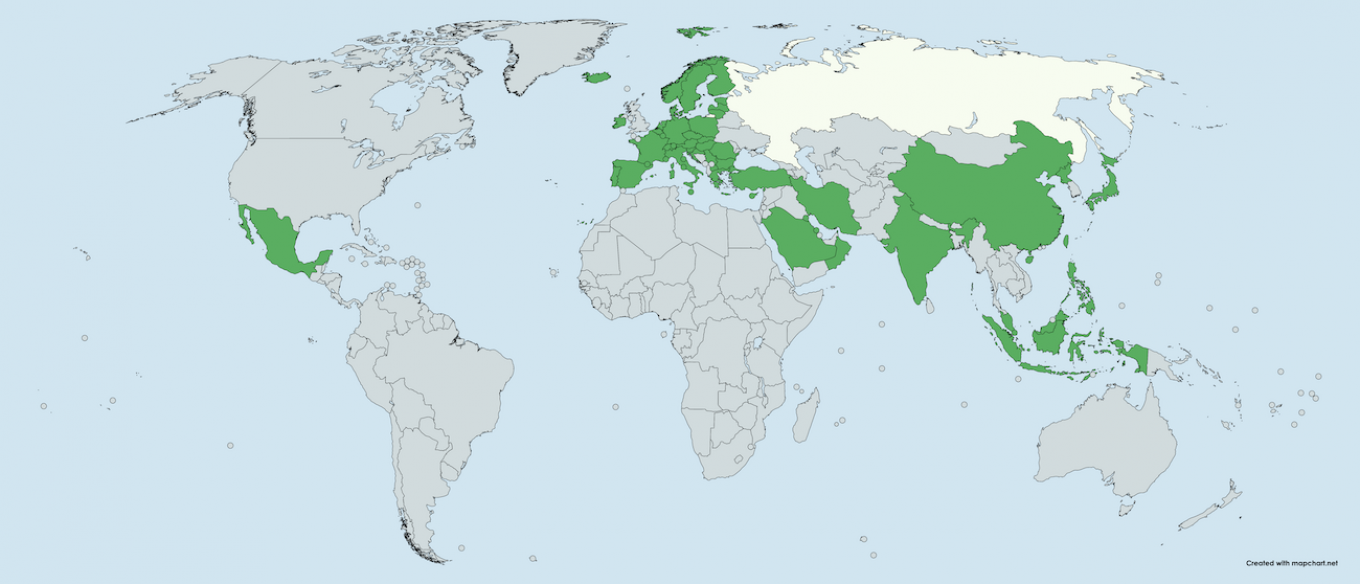Nvidia Faces Broader Political Headwinds Than Just China

Table of Contents
The US-China Tech War: More Than Just Export Controls
The US-China tech war casts a long shadow over Nvidia's operations. It's not just about export controls; it's a full-fledged geopolitical battle impacting supply chains, manufacturing locations, and future growth projections. This conflict represents significant political headwinds for Nvidia.
-
Impact on Supply Chain and Revenue: The restrictions on exporting advanced chips to China have directly impacted Nvidia's revenue streams. The company has had to adapt its strategies, leading to uncertainty and potential financial setbacks. This highlights the vulnerability of relying on a single, large market for high-value products.
-
Geopolitical Risks of Taiwanese Manufacturing: A significant portion of Nvidia's chip manufacturing relies on Taiwan, a location increasingly vulnerable to geopolitical tensions. The potential for conflict in the Taiwan Strait poses a considerable risk to Nvidia's supply chain stability and production capacity.
-
Decoupling of US and Chinese Tech Sectors: The ongoing push for decoupling between the US and Chinese tech sectors creates uncertainty for Nvidia. Navigating this complex environment requires strategic adjustments and may limit the company's potential for growth in either market.
-
Intellectual Property Concerns: The constant threat of intellectual property theft and espionage adds another layer of complexity. Protecting its cutting-edge technology in a highly competitive and sometimes adversarial global environment is a crucial, ongoing challenge for Nvidia.
Growing Concerns Over AI's Ethical and Societal Impact
The rapid advancement of AI technology, in which Nvidia plays a pivotal role, has sparked intense global debate regarding its ethical implications and potential for misuse. This growing concern represents a significant source of political headwinds for the company.
-
Nvidia's Responsibility in AI Development: As a leading developer of AI hardware, Nvidia bears a significant responsibility for ensuring the ethical development and deployment of its technology. This includes addressing concerns about bias, misuse, and potential societal disruptions.
-
Government Regulations and Scrutiny: Governments worldwide are increasingly implementing regulations and conducting investigations to mitigate potential risks associated with AI. This includes data privacy laws, algorithmic transparency requirements, and restrictions on specific AI applications. Nvidia needs to adapt to a rapidly evolving regulatory landscape.
-
Future Regulations Impacting Nvidia: The future likely holds even stricter regulations regarding AI development and deployment. Nvidia must proactively anticipate and adapt to these regulatory changes to maintain its market position and avoid legal repercussions.
-
Public Pressure for Responsible AI: Public pressure for responsible AI development is mounting. Nvidia must demonstrate its commitment to ethical AI principles to maintain its reputation and avoid potential boycotts or public backlash.
Competition and Antitrust Scrutiny
The semiconductor market is becoming increasingly competitive, and Nvidia's dominance has attracted significant antitrust scrutiny. This competitive landscape and the potential for regulatory intervention represent another set of political headwinds.
-
Analysis of Nvidia's Competitors: Companies like AMD and Intel are aggressively pursuing market share in the AI chip space, challenging Nvidia's dominance. This competition intensifies the pressure on Nvidia to innovate and maintain its competitive edge.
-
Potential Antitrust Concerns: Nvidia's significant market share has raised concerns among regulators about potential anti-competitive practices. Investigations and potential antitrust actions could significantly impact the company's future growth and market share.
-
Implications of Antitrust Actions: Potential fines, restrictions on mergers and acquisitions, and enforced divestitures could significantly impact Nvidia's ability to compete and grow. The potential for these actions represents a serious political headwind.
-
Investigations in Different Countries: Antitrust investigations are not confined to a single jurisdiction. Nvidia faces potential scrutiny from regulators in various countries, adding to the complexity of its legal and political challenges.
The European Union's Growing Influence on Tech Regulation
The European Union is rapidly expanding its regulatory framework for the tech industry, posing significant challenges and opportunities for Nvidia. This represents a key element of the political headwinds facing the company.
-
Impact of the Digital Markets Act (DMA): The DMA and other EU regulations directly impact Nvidia's operations in Europe, particularly regarding data privacy and market access. Compliance will require significant investment and adaptation.
-
Future EU Regulations Targeting Data Privacy and AI: The EU is likely to introduce further regulations targeting data privacy and AI development, requiring Nvidia to stay abreast of evolving legislation and adapt its products and business practices accordingly.
-
Comparison with US and China: Navigating the differing regulatory landscapes of the US, China, and the EU requires significant strategic planning and resource allocation. Each jurisdiction presents unique challenges and opportunities.
-
Data Localization Challenges: The EU’s emphasis on data localization could impact Nvidia’s data storage and processing strategies, adding to the complexity of operating within the European market.
Conclusion: Navigating the Complex Landscape of Nvidia's Political Headwinds
Nvidia's challenges are not solely confined to China; they encompass a complex web of geopolitical tensions, ethical concerns, intense competition, and evolving global regulatory frameworks. The company's future success depends on its ability to effectively navigate this multifaceted landscape of political headwinds. Understanding the complex interplay of these factors is crucial for anyone invested in or following Nvidia and the future of the AI chip sector. Stay tuned for further analysis on how Nvidia navigates these challenges and adapts to the ever-shifting political landscape.

Featured Posts
-
 Should You Invest In Xrp Ripple While Its Trading Below 3
May 01, 2025
Should You Invest In Xrp Ripple While Its Trading Below 3
May 01, 2025 -
 Eurovision 2024 Uks Remember Monday Channels Online Hate Into Music
May 01, 2025
Eurovision 2024 Uks Remember Monday Channels Online Hate Into Music
May 01, 2025 -
 Analyzing Nclh Stock What Hedge Fund Activity Reveals
May 01, 2025
Analyzing Nclh Stock What Hedge Fund Activity Reveals
May 01, 2025 -
 Six Nations Thriller England Triumphs Over France With Dalys Late Game Heroics
May 01, 2025
Six Nations Thriller England Triumphs Over France With Dalys Late Game Heroics
May 01, 2025 -
 Warmer Temperatures A Potential Boost For Russias Spring Offensive
May 01, 2025
Warmer Temperatures A Potential Boost For Russias Spring Offensive
May 01, 2025
